10 Movie Endings That Still Confuse Viewers Today
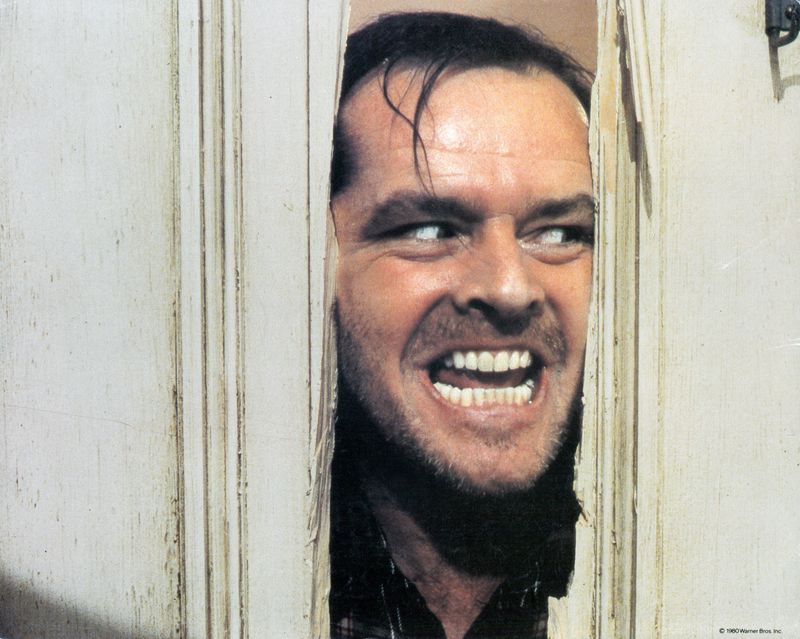
Some movies stick with us because they’re fun, emotional, or groundbreaking—but others stay lodged in our minds for a different reason. Their endings leave us scratching our heads, debating with friends, and diving into endless Reddit threads trying to figure out what it all meant.
1. Inception (2010)
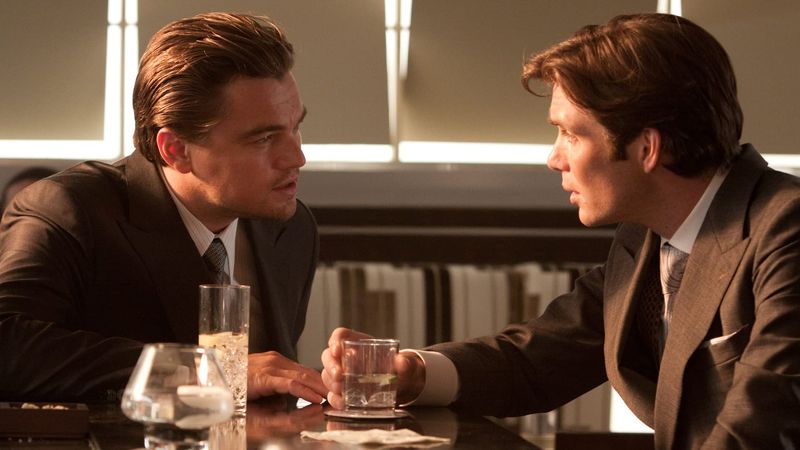
Christopher Nolan didn’t just give us a visually stunning thriller—he gave us one of the most hotly debated endings in movie history.
When Cobb finally reunites with his children, it feels like the happy resolution we were all rooting for. But then comes that pesky spinning top.
The top wobbles slightly, and then the screen cuts to black before we see whether it falls. Was Cobb still dreaming, or did he finally escape the dream world?
Fans have argued both sides for over a decade, with Nolan refusing to give a clear answer. That tiny moment of uncertainty is what makes the film unforgettable—and maddening.
2. 2001: A Space Odyssey (1968)
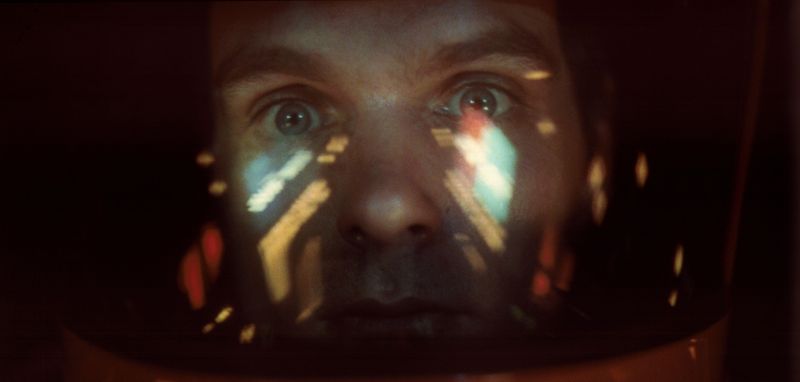
Stanley Kubrick’s masterpiece is beautiful, eerie, and utterly baffling by the time it ends.
After surviving HAL 9000 and the journey through the star gate, astronaut Dave Bowman encounters something completely surreal: a mysterious room, his own aging self, and ultimately his transformation into the glowing “Star Child.”
What does it all mean? Is Bowman evolving into a higher being, or is this some metaphor for humanity’s future?
Kubrick famously avoided explaining, insisting the audience interpret it for themselves. That silence only fueled decades of debate, making the ending one of cinema’s greatest puzzles.
It’s the kind of finale that either blows your mind—or makes you wonder if you need a philosophy degree to get it.
3. Donnie Darko (2001)
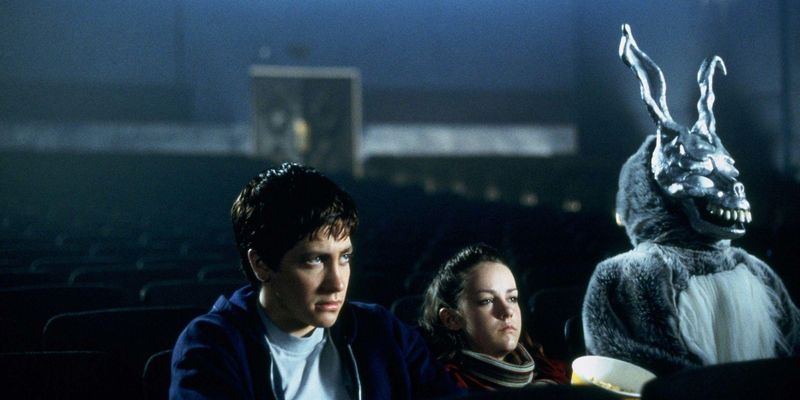
Few cult films have sparked as many late-night arguments as Donnie Darko.
Between time travel, alternate realities, and a man in a creepy rabbit suit, the movie’s conclusion leaves viewers questioning what really happened.
Donnie sacrifices himself to prevent the apocalyptic events we just watched unfold—but does that mean everything we saw was an alternate timeline, a hallucination, or fate correcting itself?
The movie drops cryptic clues but never spells it out. For some, that ambiguity is frustrating. For others, it’s exactly what makes the film so intriguing.
Even after multiple rewatches and a director’s cut, fans still can’t agree on the truth.
4. Mulholland Drive (2001)
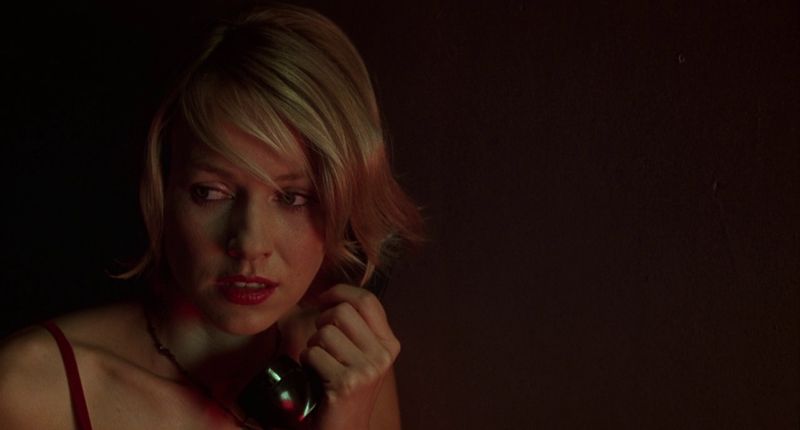
David Lynch is the king of dreamlike confusion, and Mulholland Drive is his crown jewel.
The film starts as a seemingly straightforward mystery, then spirals into a surreal nightmare where identities shift, timelines blur, and logic takes a backseat.
By the end, we’re left wondering who’s real, what’s imagined, and whether the entire story is a dream fueled by guilt and jealousy.
Some critics call it a masterpiece of non-linear storytelling, while casual viewers often leave muttering, “Wait—what did I just watch?”
The confusion is the point, and Lynch has admitted he enjoys watching people try to piece it together. It’s a movie that dares you to interpret it, knowing you’ll never fully solve the puzzle.
5. The Shining (1980)
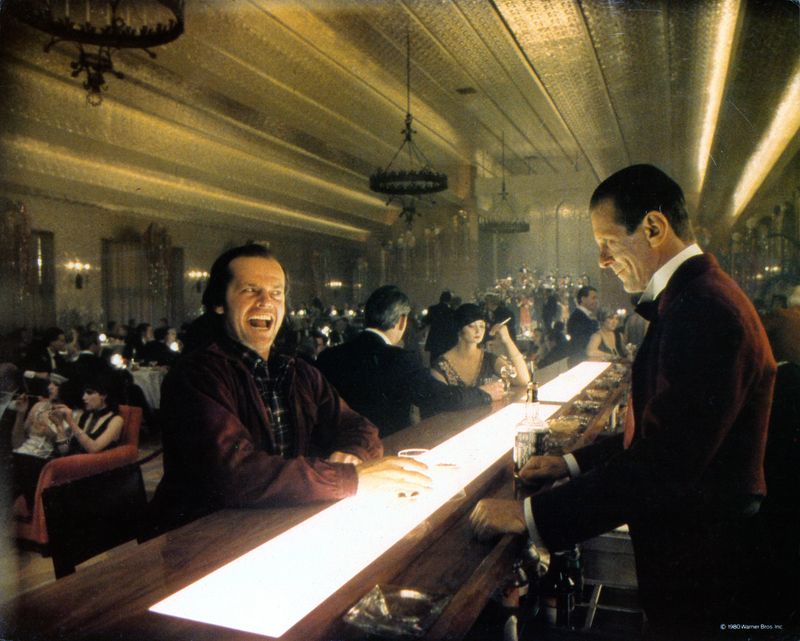
As if the haunted hotel, ghostly bartenders, and murderous rampages weren’t enough, Stanley Kubrick ends The Shining with one last unsettling image: a photograph from 1921 showing Jack Torrance smiling among partygoers.
But how can Jack appear in a photo taken decades before he even arrived at the Overlook Hotel? Was he always meant to be there, trapped in some eternal cycle? Is he a reincarnation, or did the hotel consume him completely?
Fans and scholars have offered countless theories, but Kubrick—ever the perfectionist—never confirmed a single one.
That lingering mystery keeps the film alive in horror conversations, proving that sometimes the scariest thing is not knowing.
6. Birdman (2014)
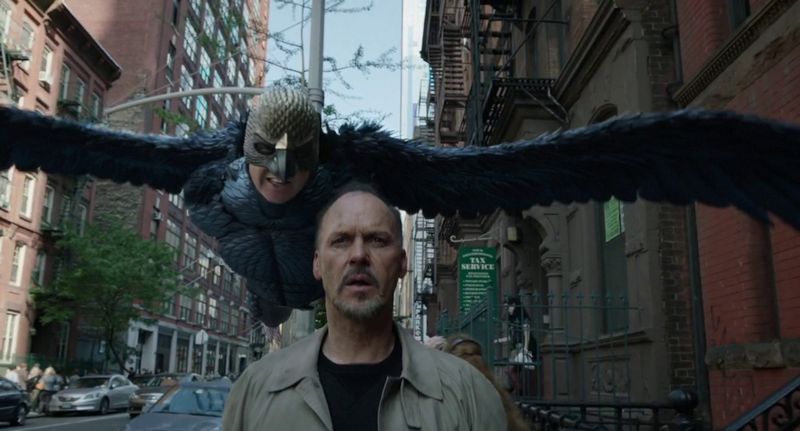
Alejandro G. Iñárritu’s dark comedy-drama about a washed-up actor is full of surreal moments, but its ending is what sticks in everyone’s mind.
After seemingly attempting suicide onstage, Riggan wakes up in a hospital and shares a tender moment with his daughter. Then he leaps out the window.
When his daughter looks down, she doesn’t see him on the ground—she looks up, smiling as if he’s flying.
Did Riggan actually achieve some magical transcendence, or is this just her hopeful imagination? Some argue it represents his final escape from ego, while others think it’s just another hallucination.
Either way, the ending leaves us in awe and confusion, perfectly capturing the film’s mix of reality and fantasy.
7. Shutter Island (2010)
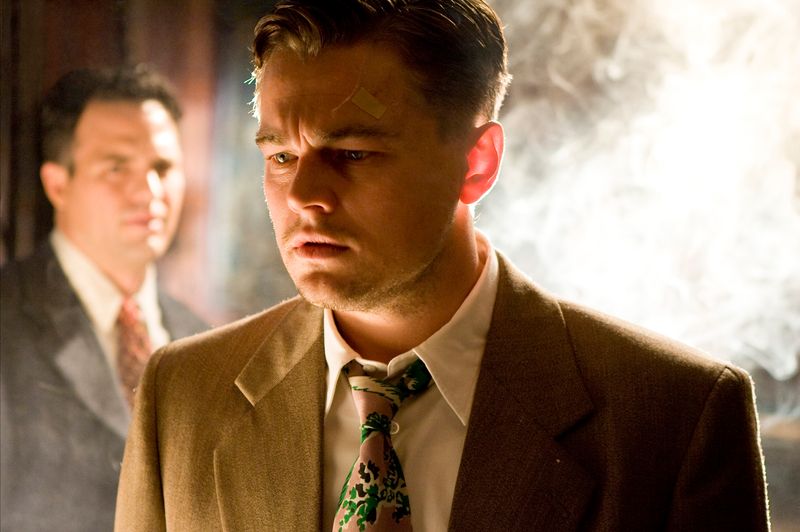
Martin Scorsese’s psychological thriller delivers one twist after another, but its ending leaves us with one final riddle.
After uncovering that he may actually be a patient at Shutter Island, Teddy Daniels faces the truth—or does he?
In the final scene, he asks, “Which would be worse—to live as a monster, or to die as a good man?”
The line suggests he might be fully aware of his situation but chooses to accept the lobotomy anyway. So, was Teddy genuinely insane, or was he sacrificing himself to escape unbearable guilt?
The ambiguity gives the film an unsettling resonance, forcing viewers to grapple with the fine line between madness and choice.
8. The Matrix Revolutions (2003)
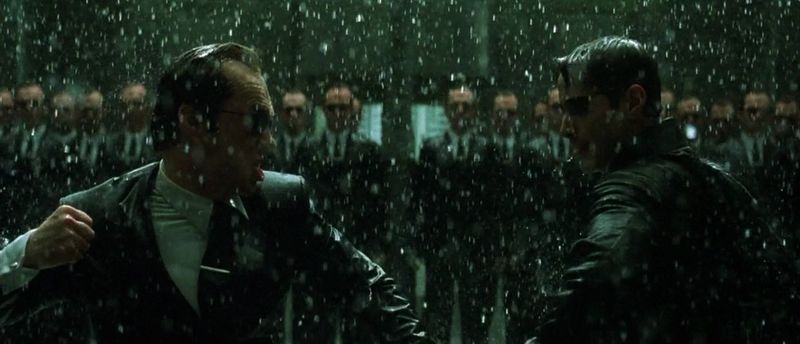
The third installment of The Matrix trilogy left fans more confused than satisfied.
Neo’s battle with Agent Smith ends in his apparent sacrifice, after which peace is restored between humans and machines. But what exactly happened to him?
Was Neo absorbed into the Source, reborn as a Christ-like figure, or simply deleted from the system? And what does that mean for the future of humanity within the Matrix?
The film answers some questions while raising even bigger ones, which is why debates around the trilogy still rage today.
For a movie about questioning reality, it’s fitting that its ending left audiences questioning everything—even the meaning of Neo’s existence.
9. No Country for Old Men (2007)
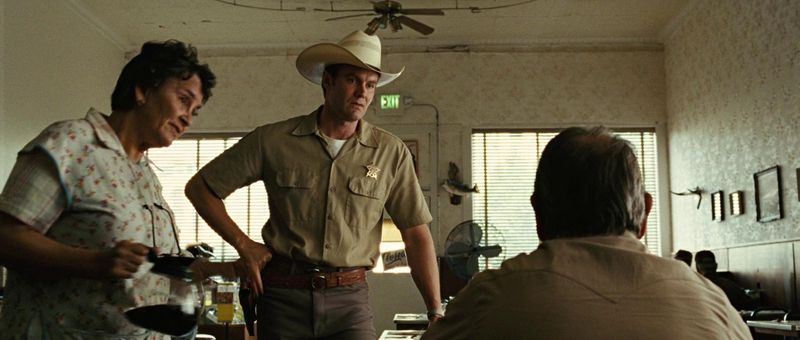
The Coen brothers don’t make traditional Hollywood endings, and No Country for Old Men proves it.
After two hours of cat-and-mouse suspense, the main character we’ve been following is killed off-screen, and the movie ends with Sheriff Bell recounting a dream.
Viewers expecting a climactic showdown were left stunned by the quiet, cryptic conclusion.
Does the dream symbolize Bell’s resignation to a violent world he no longer understands? Or is it a meditation on mortality and legacy?
The ambiguity is both frustrating and fascinating, sparking endless analysis in film circles. It’s the kind of ending that makes you question whether you “got it” or if you were supposed to feel lost all along.
10. Blade Runner (1982)
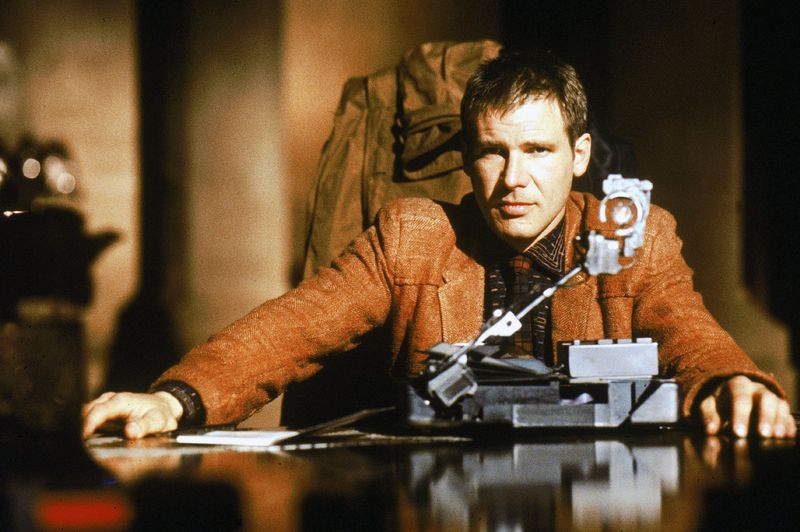
Ridley Scott’s sci-fi classic has multiple versions, but all of them leave one major question hanging: is Deckard a human or a replicant?
The final scenes—particularly the origami unicorn—hint that he may not be what he thinks he is.
But Scott and star Harrison Ford famously disagreed about the answer, leaving fans divided for decades.
Some believe the ambiguity is essential, forcing us to question what it means to be human. Others just want to know the truth.
With each new cut of the film, the debate reignites, proving that few endings have inspired as much conversation as this one. Sometimes the mystery itself is what makes the movie timeless.

Comments
Loading…